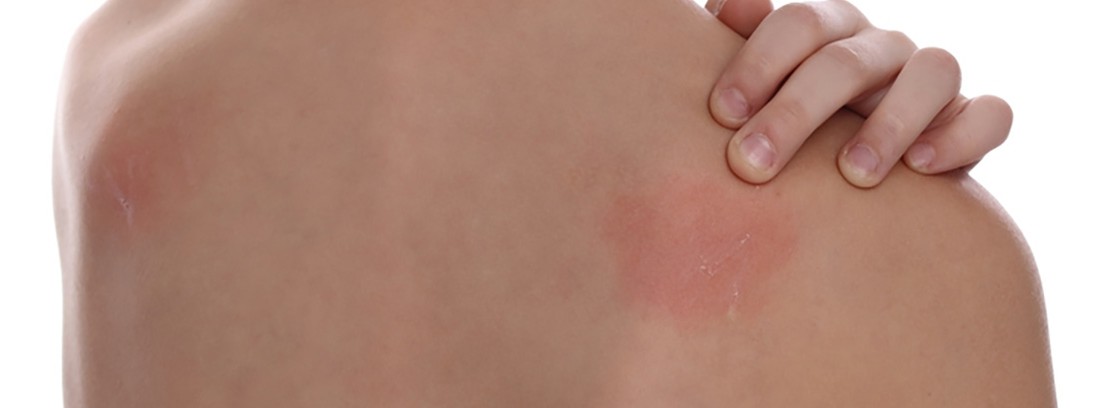Insect allergies

Cause
If a child is allergic to insect bites, it means that their immune system overreacts to the venom injected by an insect.
After the first sting, the allergic child produces a substance called antibody (IgE), which reacts with the insect's venom. In that first bite the child does not experience a serious allergic reaction but, if the same insect bites him again, the venom interacts with the IgE antibody produced in response to the first bite. This triggers the release of histamine and allergic symptoms occur.
Most of the reactions to stings They are due to: bees, wasps, hornets and ants.
Symptoms
For most people, the bites cause pain and discomfort that generally lasts for only a few hours. Symptoms can be redness, swelling, and itching at the sting site.
allergy symptoms can affect various body systems: skin (urticaria), respiratory tract (asthma, glottis or edema), digestive system. There are some children who can have serious reactions to and be life-threatening: this is called anaphylaxis. These children should take extreme precautions when going to the field (repellents, mosquito nets) and always carry a self-injectable adrenaline with them.
Diagnosis
If suspected, a allergy study full.
Treatment
First of all, the bites of the insects to which the child is allergic must be prevented.
If the insect bites you, you just have to remove the stinger of the skin if it is the case. Raise the limb where the insect has bitten.
If the child suffers from severe allergic reactions (anaphylaxis) it should be given immediately self-injectable adrenaline intramuscular and go to a health center.
In cases of allergy to hymenoptera (bees and wasps) there are vaccines to desensitize the child and reduce the allergic response when exposed to the sting.
Pediatric Specialist
(Updated at Apr 13 / 2024)